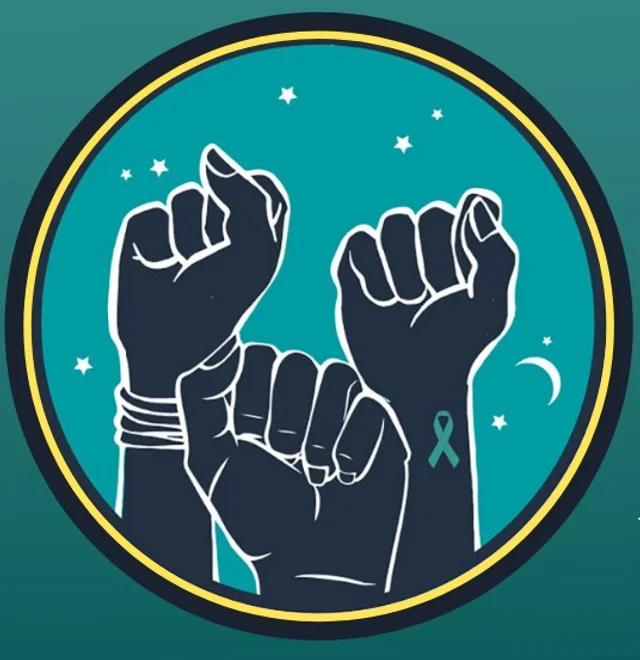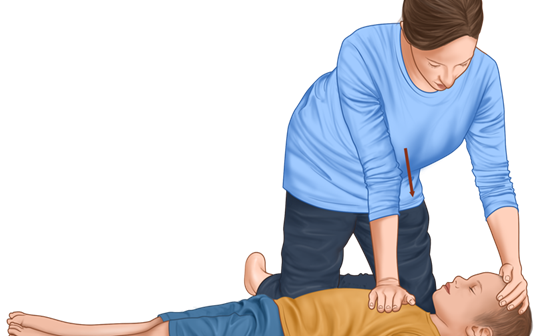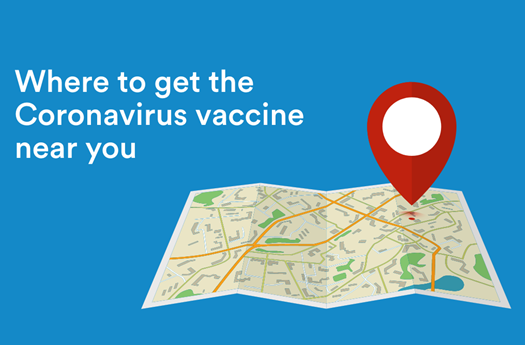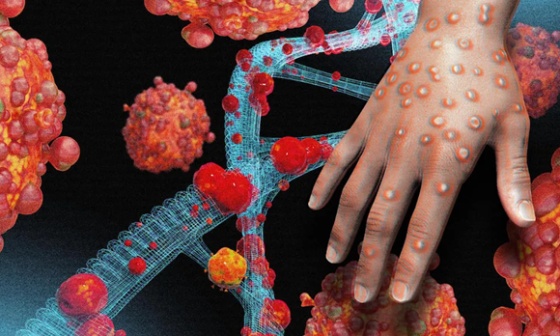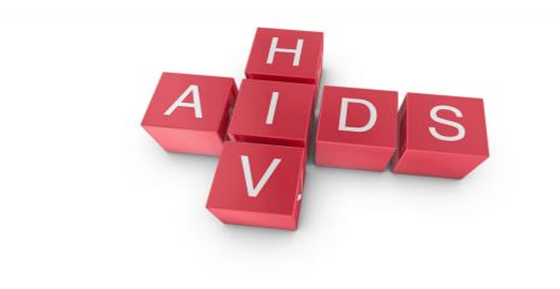Sexual violence is an umbrella term for sexual assault, rape, domestic violence, dating violence, unwanted sexual contact, sexual harassment, sexual exploitation, and stalking. Sexual assault and sexual violence have been used interchangeably over the years, however, sexual assault is defined as any physical and sexual activity that is done without the consent of an individual, or when an individual is unable to consent to any physical or sexual activity.
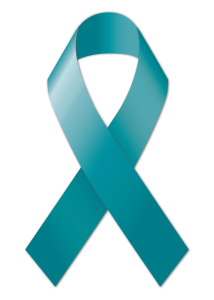
Courtesy: Courtesy graphic
Sexual assault is a global issue affecting millions across all genders, ages, geographical locations, and backgrounds. A person who has experienced any form of sexual assault is called a “sexual assault survivor/ victim”. This article on sexual assault awareness month aims to explore sexual assault impact, challenges affecting approaches to addressing sexual assault, prevention of sexual assault, and resources available to victims in Nigeria.
Impact of Sexual Assault
Sexual assault can impact an individual’s physical, emotional, and psychological health.
- Physical injuries and unharmful medical conditions: Sexual assaults have varying amounts of physical impacts on survivors depending on the nature of the assault. Survivors may experience physical injuries that often require medical attention that involve the repair of simple tears to the face and body and may be as extensive as fractures- fractures of facial bones or jaws involving multiple medical specialties. Furthermore, sexual assaults can predispose individuals to sexually transmitted infections and diseases like Hepatitis, HIV/AIDS, chlamydia, and gonorrhea. Victims can also suffer unwanted pregnancy and trauma to reproductive organs.
- Post-traumatic Stress Disorder (PTSD): Many survivors of sexual assault experience symptoms of PTSD impacting greatly their mental health that can present as aggressive behaviors, difficulty concentrating, constant panic, and trouble sleeping with nightmares. Other symptoms include; self-destructive behavior, overwhelming guilt & shame, and severe anxiety.
- Depression and Anxiety: Sexual assault victims can suffer varying severities of depression, anxiety, and other mental health challenges that require the help of a healthcare professional.
- Substance Abuse: To cope after the traumatic episodes, survivors may turn to illicit drugs or abuse alcohol. These could worsen already existing mental health challenges impacting greatly the mental health status of the victim
- Damaged Relationships: Sexual assaults in the long term have been known to strain or in worse cases destroy relationships with family, friends, and romantic partners. When this happens victims are left alone and may suffer severe psychological breakdowns that impact mental and physical wellbeing.
- Sexual inequalities and unbalanced power dynamics: Sexual assaults can result in gender-based discrimination that contributes to the marginalization of already vulnerable populations; like women, children, LGBTQ+ individuals, and people living with disabilities. Sexual assaults can become a breeding ground for harmful power dynamics in homes, schools, places of worship, and workplaces causing severe mental and psychological impacts on sufferers, victims, and survivors.
Challenges Undermining Approaches to Addressing Sexual Assaults
Addressing sexual assaults requires multifaceted approaches that discuss root causes and provide comprehensive support to survivors via programs and institutions. Several challenges impede these approaches, the challenges include:
- Environmental Stigma and Shame: In our societies especially the African society, survivors face stigma, shame, and victim-blaming attitudes from their families, friends, and loved ones. These environmental stigmas may be based on ethnic, cultural, or religious reasons, that impose fear of judgment that can silence survivors and perpetuate cycles of abuse. Environmental stigma often prevents victims from seeking help and reporting incidents of sexual assault.
- Legal and Institutional Barriers: Poor legal frameworks, lenient sentencing, and inadequate institutions promote the lack of accountability and proper management of sexual assault cases. Institutional failures, like the mishandling of cases and inadequate support services, worsen survivors’ trauma. When the institutions and legal processes aren’t carried out effectively, it contributes to impunity and hinders survivors’ access to justice.
- Cultural Norms and Attitudes: Cultural beliefs and attitudes surrounding gender, sexuality, and power dynamics affect sexual violence perpetration, as such cultural practices make environments conducive for sexual assault. In such environments, sexual assault victims barely get justice and have to live with their trauma.
- Limited Resources and Services: Health accessibility and availability disproportionately affect marginalized persons/ communities. Insufficient funding and resources allocated to support services, such as counseling, medical care, and crisis intervention, pose significant barriers to survivors’ recovery and healing.
Prevention of sexual assault: What can be done?
Effectively preventing cases of sexual assault requires efforts from individuals, communities, governments, and institutions. To stop the menace of sexual assault we must: Educate individuals about sexual assault and violence of all kinds, empower victims and institutions in the management of all cases, enhance support services for victims, and foster collaborations between individuals, institutions, and government agencies.
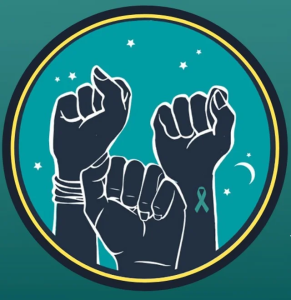
Courtesy: Centre for Sexual Assault Survivors
- Promote Education and Awareness: Prevention of all kinds begins with education and improved awareness. Institutions and governments must implement comprehensive sexual health education programs that promote healthy relationships, healthy sexuality, consent, and respect from an early age. These programs must be geared towards raising awareness about the prevention, prevalence, and impact of sexual assaults through public health campaigns, health workshops, and community health outreach initiatives. Sexual health education programs must include systems that challenge harmful gender norms and attitudes that perpetuate sexual violence by emphasizing and fostering cultural change that promotes positive masculinity and allyship among men and boys, emphasizing the importance of empathy, respect, and active bystander intervention.
- Empower Victims/Survivors: Government and institutions must create safe and supportive environments (spaces) for survivors to feel empowered to come forward, seek help, and access essential services without fear of judgment or retribution. Initiatives by the government and its agencies should ensure that approaches and initiatives remain survivor-centered and promote autonomy, agency, and well-being.
- Strengthen Legal Institutions: Individuals and governments must advocate for adequate legal frameworks that prioritize survivor rights, enhance accountability for perpetrators, and ensure swift and impartial justice. In addition, programs should be created that improve training for law enforcement, legal professionals, and judiciary personnel to handle sexual violence cases with sensitivity and competence effectively.
- Enhance Medical & Support Services: Increase funding and resources for survivor support services, including counseling, healthcare, legal assistance, and shelters that ensure accessible, inclusive, and culturally sensitive services for all. At Wellahealth, we address health availability and accessibility through our health plans and packages. Wellahealthprovides affordable healthcare plans that cover counseling, consultations, tests/diagnostics, and treatment. Nigeria has survivor support services that can be assessed by all victims no matter the location.
- Foster Collaboration and Advocacy: To ensure prevention and promote prevention there must be collaboration among stakeholders, including governments, Non-Governmental Organizations (NGOs), academia, places of worship, and grassroots organizations. Combined collaboration and advocacy would ensure the prevention of all cases of sexual assault. The collaborative approach would advocate for policy reforms and systemic changes that prioritize prevention, protection, and support for survivors.
Conclusion
Every April, Sexual Assault Awareness Month (SAAM) remains a powerful reminder of the harsh realities for sexual assault victims and survivors. Sexual assault transcends borders, demographics, and socioeconomic backgrounds, let us stand together to raise awareness, dismantle negative cultural norms, strengthen our legal institutions, foster collaborations and empower survivors.
Dr. Ifeoma Uduh, Dr. John Afam
